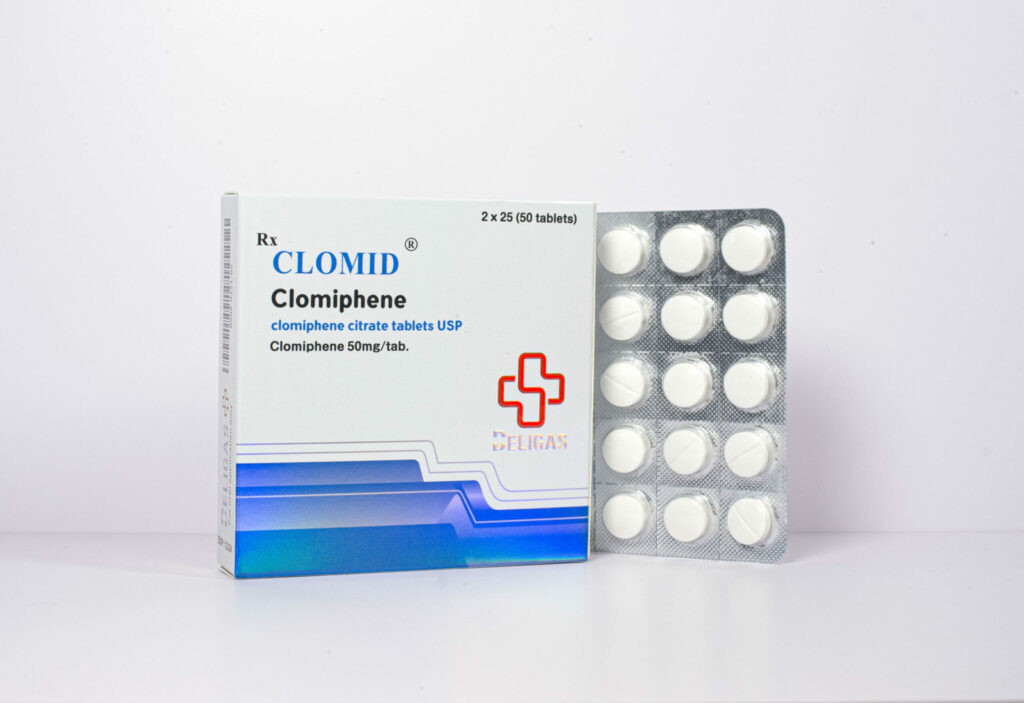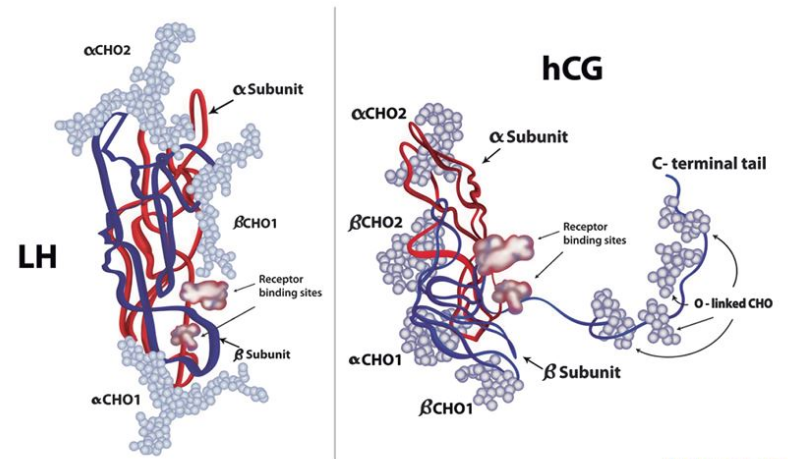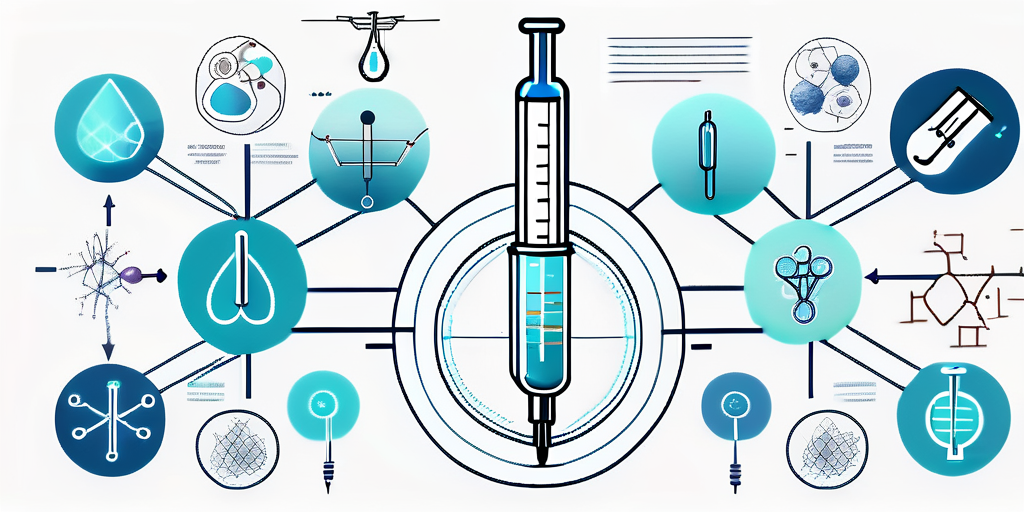Discover the comprehensive guide to the uses of Clomiphene Citrate 25 mg for males.
Clomiphene Citrate 25 mg Uses for Male: A Comprehensive Guide
Clomiphene Citrate, commonly known as Clomid, is a medication used primarily to treat infertility in women. However, recent research has uncovered its potential benefits for men as well. In this comprehensive guide, we will explore the uses, dosage, benefits, potential side effects, and precautions of Clomiphene Citrate 25 mg for men.
Understanding Clomiphene Citrate
The Basics of Clomiphene Citrate
Clomiphene Citrate belongs to a class of medications known as selective estrogen receptor modulators (SERMs). It works by stimulating the release of hormones necessary for ovulation in women. In men, Clomiphene Citrate acts as an anti-estrogen by blocking the effects of estrogen in the body.

Estrogen, predominantly found in women, is also produced in small amounts in men. High levels of estrogen can disrupt the hormonal balance in men, leading to various health issues, including decreased fertility and low testosterone levels. Clomiphene Citrate helps to restore this balance and potentially improve male fertility and testosterone levels.
Clomiphene Citrate is commonly prescribed to women who have difficulty conceiving due to ovulation problems. By stimulating the release of FSH and LH, Clomiphene Citrate helps to induce ovulation and increase the chances of pregnancy. It is often used as a first-line treatment for infertility in women.
How Clomiphene Citrate Works
Clomiphene Citrate works by binding to estrogen receptors in the hypothalamus, a part of the brain that regulates the production of hormones. By blocking the effects of estrogen, Clomiphene Citrate stimulates the release of follicle-stimulating hormone (FSH) and luteinizing hormone (LH).
FSH and LH are essential for the production of sperm and the stimulation of testosterone production in the testes. By increasing FSH and LH levels, Clomiphene Citrate promotes spermatogenesis (sperm production) and increases testosterone levels, potentially improving male fertility and reproductive function.
It is important to note that Clomiphene Citrate should only be taken under the supervision of a healthcare provider, as improper use can lead to side effects such as hot flashes, mood swings, and visual disturbances. Regular monitoring and dosage adjustments are essential to ensure the safe and effective use of this medication.
Clomiphene Citrate Dosage and Administration
Proper Dosage of Clomiphene Citrate
The recommended starting dosage of Clomiphene Citrate for men is 25 mg per day, taken orally. The medication is usually taken for a period of three to six months, although individual dosages and treatment durations may vary based on the patient’s condition and response to therapy.
It is crucial to follow the prescribed dosage and not exceed it. Increasing the dosage without medical supervision can result in an increased risk of side effects and complications. If you have any concerns or questions about the dosage, consult your healthcare provider.
Clomiphene Citrate, a selective estrogen receptor modulator (SERM), is commonly used off-label in men to treat hypogonadism and improve testosterone levels. By stimulating the release of certain hormones, Clomiphene Citrate can help restore hormonal balance and enhance fertility in men with certain medical conditions.
Administration Guidelines for Clomiphene Citrate
Clomiphene Citrate is typically taken once a day, preferably at the same time each day. It can be taken with or without food. Swallow the tablet whole with a glass of water. Do not crush or chew the tablet, as this may affect its efficacy.
For optimal results, it is recommended to undergo regular monitoring while on Clomiphene Citrate therapy. This may include blood tests to assess hormone levels and overall response to treatment. Your healthcare provider may adjust the dosage or treatment duration based on these results to ensure the best possible outcome.
It is important to adhere to the prescribed administration schedule and complete the full course of treatment. Do not skip doses or stop taking the medication without consulting your doctor, as this may hinder the potential benefits and disrupt the treatment plan.
Benefits of Clomiphene Citrate for Men
Fertility Enhancement
Clomiphene Citrate has shown promising results in improving male fertility. By stimulating the production of FSH and LH, which are vital for sperm production, the medication can increase sperm count and motility, enhancing the chances of successful conception.
Men experiencing unexplained infertility or low sperm count may find Clomiphene Citrate beneficial as part of their fertility treatment plan. However, it is essential to consult a fertility specialist for a thorough evaluation and to determine the appropriate course of treatment.
Furthermore, Clomiphene Citrate is often prescribed in combination with other fertility treatments. Such as intrauterine insemination (IUI) or in vitro fertilization (IVF) to maximize the chances of conception. The medication’s ability to improve sperm parameters makes it a valuable addition to assisted reproductive techniques. This offers hope to couples struggling with infertility.
Testosterone Level Improvement
Low testosterone levels, also known as hypogonadism, can lead to various symptoms in men. This includes fatigue, decreased libido, and reduced muscle mass. Clomiphene Citrate may help improve testosterone levels by stimulating the production of LH. This triggers the testes to produce more testosterone.
This potential increase in testosterone can alleviate the symptoms associated with low testosterone levels and improve overall well-being. However, it is important to note that Clomiphene Citrate is not a long-term solution for testosterone replacement therapy and its use should be closely monitored by a healthcare professional.
Moreover, research suggests that Clomiphene Citrate’s impact on testosterone levels can also benefit men with secondary hypogonadism. This is a condition where the testes do not produce enough testosterone despite normal levels of LH and FSH. By acting on the hypothalamus and pituitary gland, Clomiphene Citrate can help restore the hormonal balance in such cases. This offers a targeted approach to managing hormonal imbalances in men.
Potential Side Effects of Clomiphene Citrate
Common Side Effects
Like any medication, Clomiphene Citrate may cause some side effects. Common side effects include hot flashes, mood swings, nausea, headache, and fatigue. These side effects are typically mild and transient, resolving on their own as the body adjusts to the medication.
If these side effects become bothersome or persistent, it is important to inform your healthcare provider. They can offer guidance on managing these side effects or adjust the dosage to minimize their impact while still reaping the potential benefits of Clomiphene Citrate.
It is important to note that while these common side effects are generally well-tolerated, individual responses to Clomiphene Citrate may vary. Factors such as age, overall health, and dosage can influence the likelihood and severity of experiencing these side effects. Monitoring your symptoms and communicating openly with your healthcare provider can help ensure a personalized and effective treatment plan.
Serious Side Effects
While rare, Clomiphene Citrate can also have serious side effects. These may include blurred vision, visual disturbances, abdominal pain, shortness of breath, and allergic reactions. If you experience any of these symptoms, seek immediate medical attention.
Your healthcare provider will be able to assess the severity of the side effects and determine the appropriate course of action. This may include discontinuing the medication or adjusting the dosage to minimize the risk.
It is crucial to be vigilant about any unusual or severe symptoms while taking Clomiphene Citrate. Prompt medical intervention can be essential in preventing potential complications. Understanding the full range of possible side effects and staying informed about how to respond to them can empower you to prioritize your health and well-being throughout your treatment journey.
Precautions and Warnings
Drug Interactions
Clomiphene Citrate may interact with other medications, potentially affecting their efficacy or causing harmful side effects. It is crucial to inform your healthcare provider about all the medications, supplements, and herbal products you are currently taking.
Your doctor can evaluate potential drug interactions and adjust your treatment plan accordingly. This will ensure the safe and effective use of Clomiphene Citrate, minimizing the risk of adverse reactions.
It is important to note that certain medications, such as anticoagulants, may increase the risk of bleeding when combined with Clomiphene Citrate. On the other hand, medications that stimulate ovulation, such as gonadotropins, may have an enhanced effect when used in conjunction with Clomiphene Citrate. Your healthcare provider will carefully consider these factors and make necessary adjustments to your treatment regimen.
Health Conditions and Clomiphene Citrate
Prior to starting Clomiphene Citrate, it is important to disclose any pre-existing health conditions to your healthcare provider. Certain conditions, such as liver disease, adrenal or pituitary gland disorders, and thyroid problems, may interact with the medication or influence its effectiveness.
Furthermore, it is essential to inform your doctor if you have a history of mood disorders, such as depression or anxiety, as Clomiphene Citrate may affect your emotional well-being. Your healthcare provider can closely monitor your mental health throughout the treatment process and provide appropriate support if needed.
In rare cases, Clomiphene Citrate may cause ovarian hyperstimulation syndrome (OHSS), a condition characterized by enlarged ovaries and fluid accumulation in the abdomen. This is more likely to occur in women with polycystic ovary syndrome (PCOS) or those who have previously experienced OHSS. Your doctor will carefully evaluate your risk factors and closely monitor your response to the medication to minimize the chances of developing this condition.
In conclusion, Clomiphene Citrate 25 mg can offer potential benefits for men, aiding in fertility enhancement and testosterone level improvement. However, it is crucial to consult a healthcare professional, follow the prescribed dosage and administration guidelines, and be aware of possible side effects and precautions.
By approaching Clomiphene Citrate with knowledge and caution, men may have a comprehensive understanding of its uses and make informed decisions regarding their reproductive health and well-being.

